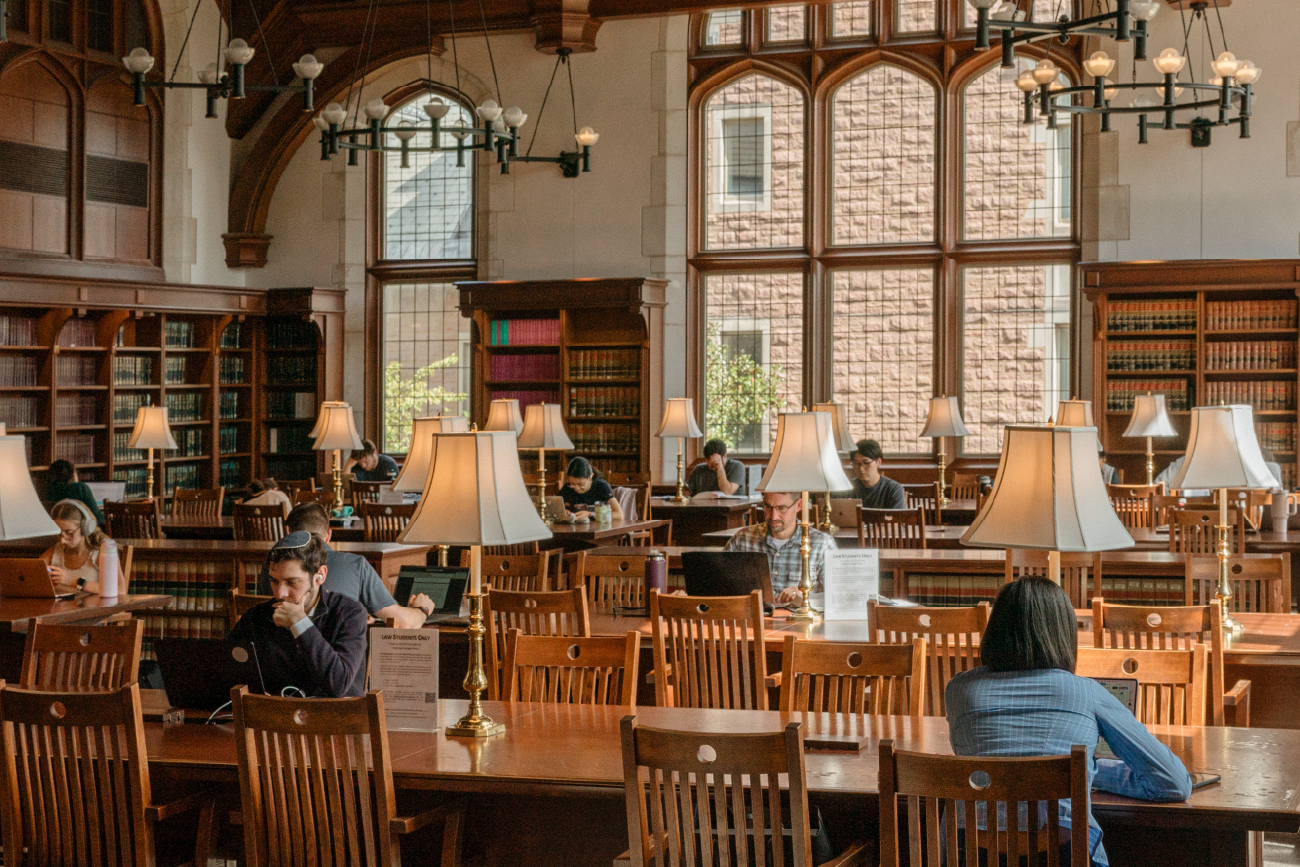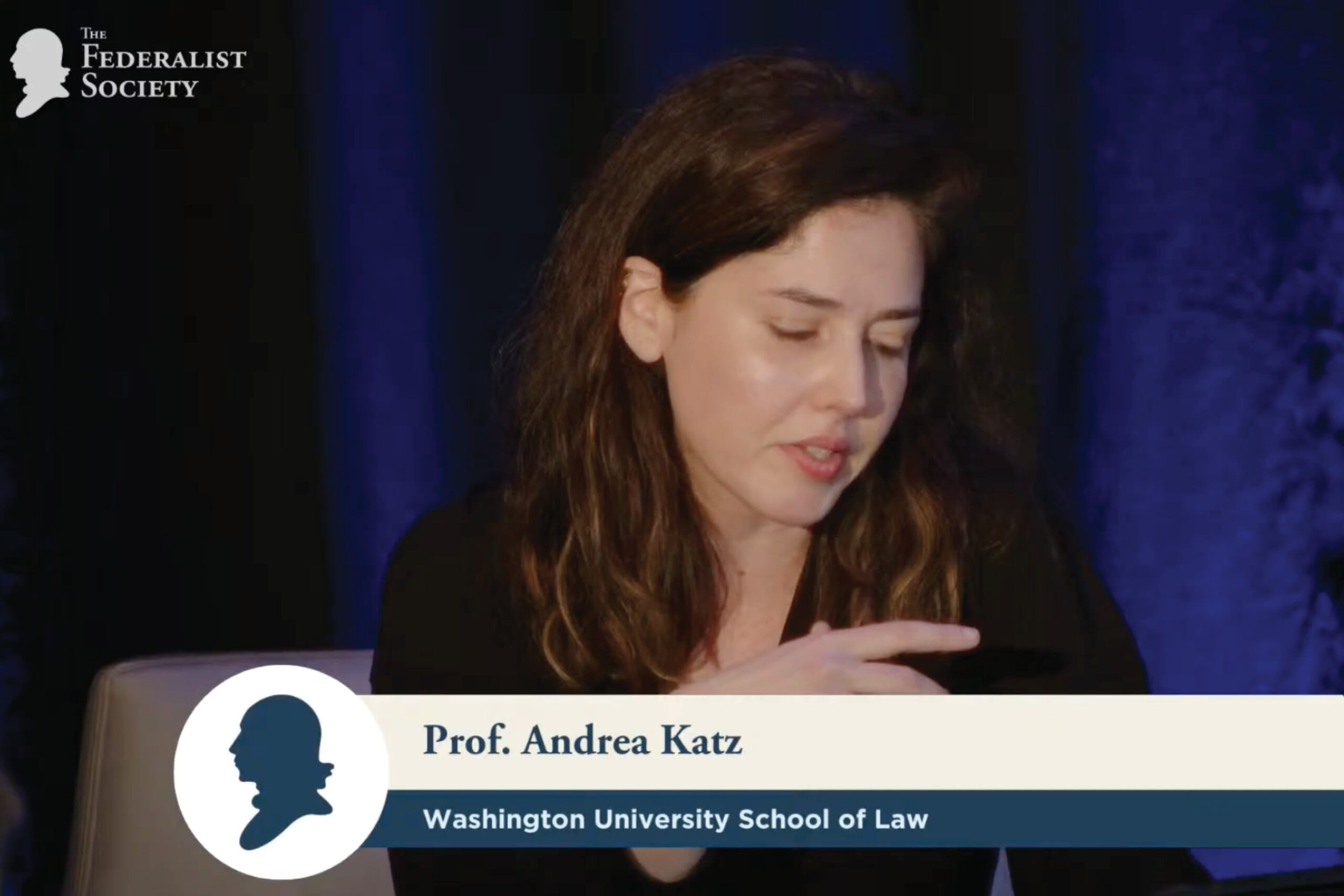
“Less Discriminatory Algorithms,” coauthored by Professor Pauline Kim, is the winner of a Privacy Papers for Policymakers (PPPM) Award. The Award is given by the Future of Privacy Forum (FPF), a global non-profit focused on data protection headquartered in Washington, D.C.
In the article abstract, the authors write:
Entities that use algorithmic systems in traditional civil rights domains like housing, employment, and credit should have a duty to search for and implement less discriminatory algorithms (LDAs). Why? Work in computer science has established that, contrary to conventional wisdom, for a given prediction problem there are almost always multiple possible models with equivalent performance—a phenomenon termed model multiplicity. Critically for our purposes, different models of equivalent performance can produce different predictions for the same individual, and, in aggregate, exhibit different levels of impacts across demographic groups. As a result, when an algorithmic system displays a disparate impact, model multiplicity suggests that developers may be able to discover an alternative model that performs equally well, but has less discriminatory impact. Indeed, the promise of model multiplicity is that an equally accurate, but less discriminatory alternative algorithm almost always exists. But without dedicated exploration, it is unlikely developers will discover potential LDAs.
These are the 14th annual PPPM Awards to recognize leading U.S. and international privacy scholarship relevant to policymakers in the U.S. Congress, federal agencies, and international data protection authorities. The nine winning papers were selected by a diverse group of leading academics, advocates, and industry privacy professionals from FPF’s Advisory Board.
Authors of U.S.-focused papers will present their work at the Privacy Papers for Policymakers ceremony on February 27, 2024, in Washington, D.C.
Read the winning article here.



